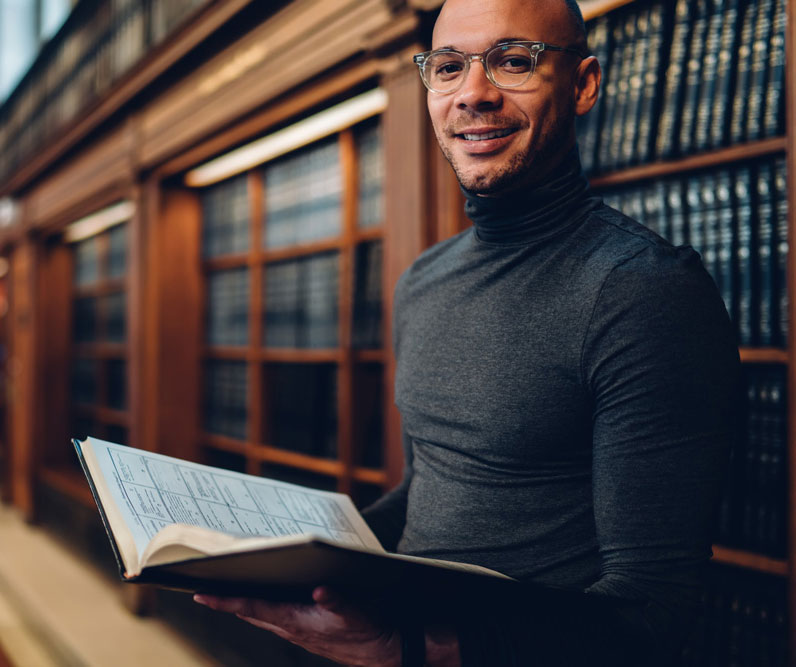A SENSE OF DESTINY
I was re-reading the biography of Peter Marshall, A Man Called Peter by Catherine Marshall and found, once again, this story about Peter’s sense of God’s hand on his life: One summer Peter spent working in the English village of Bamburgh, sixteen miles southeast of the Scottish border. The village, which had only about four hundred inhabitants, had a charm all its own. Red-roofed nineteenth-century stone cottages, vine-covered, were set on the edge of the cold, misty North Sea. Around the village was a spacious countryside of wheat and barley fields, pasture, and moorland where black-faced sheep roamed. It was dominated by the desolate, heathery height of Chalton Moor, and had been built in the sheltering lee of Bamburgh Castle. The hoary natural fortress, whose foundations went deep into solid basalt, with outer walls hewn from whinstone quarried nearby, had dominated the countryside since the twelfth century. That Northumberland countryside was noted for its good workable limestone. There were alterations…
To view this resource, log in or sign up for a subscription plan
